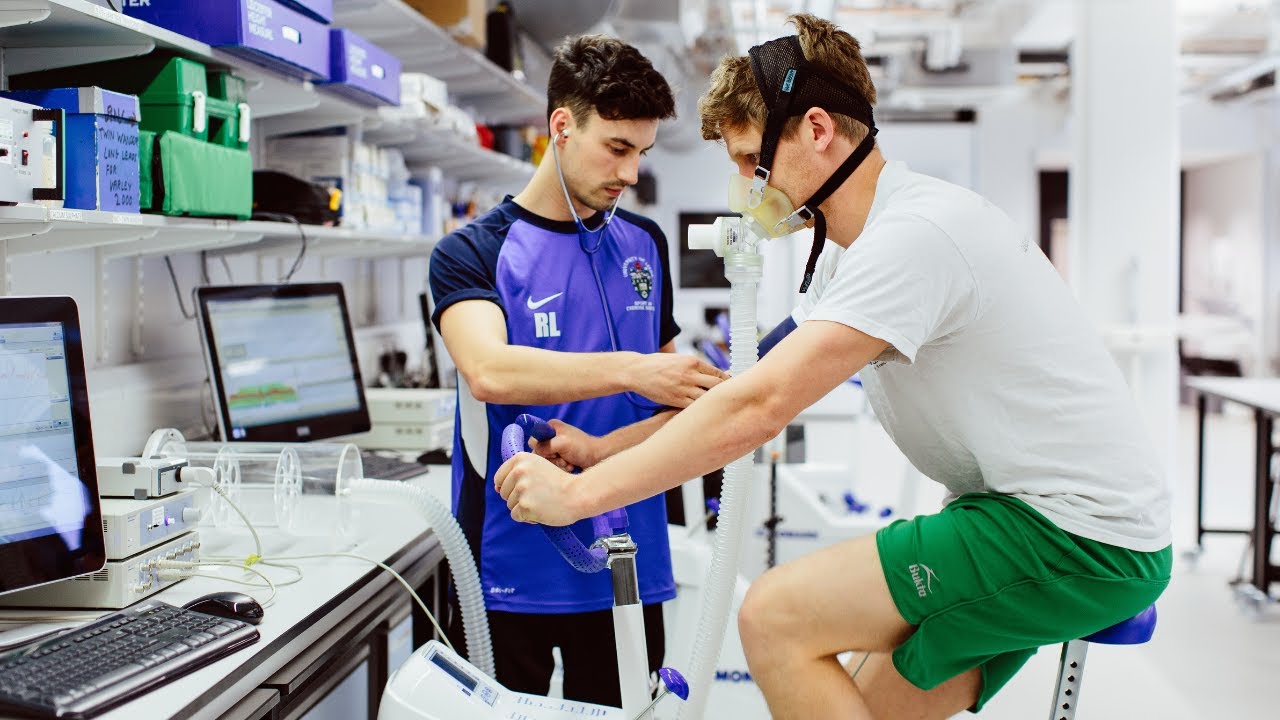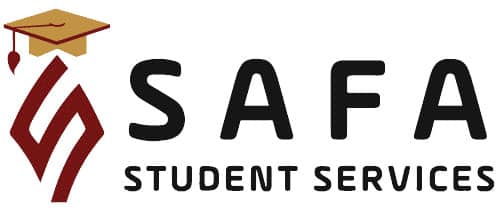Grade: Bachelor's

Tourism management
The tourism sector is one of the largest contributors to Turkey's total revenue. Specifically, the…
Read More
Healthcare management
Studying healthcare management in Turkey opens up vast job opportunities after graduation. It qualifies you…
Read More
Theater
Private universities in Turkey offer theater studies to a diverse group of international and local…
Read More
Sports Training
Studying sports training is considered one of the important fields today due to the significance…
Read More
Chemistry
The study of Chemistry is one of the prominent disciplines in Turkey, attracting many aspiring…
Read More
English language and literature
Undoubtedly, English language and literature have become the primary means of communication worldwide. Today, it…
Read More
Jewelry design
Jewelry design is a unique and distinguished field that combines art, creativity, and refined craftsmanship.…
Read More
Economics
The study of economics is one of the most important disciplines in the current era,…
Read More
Sports science and practice
Studying and practicing sports science is a prominent field that attracts a large number of…
Read More


